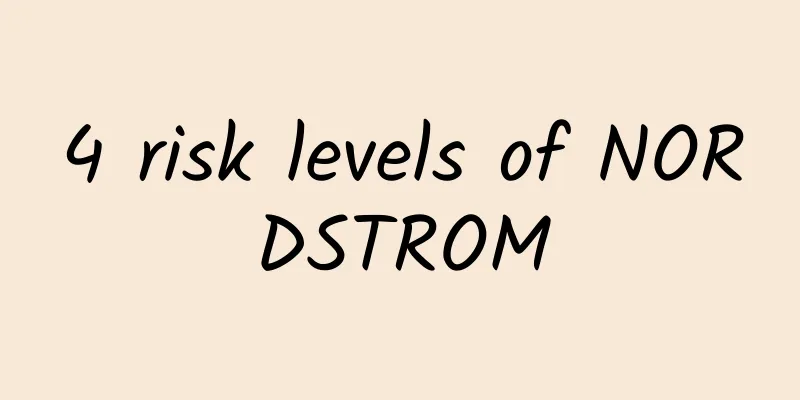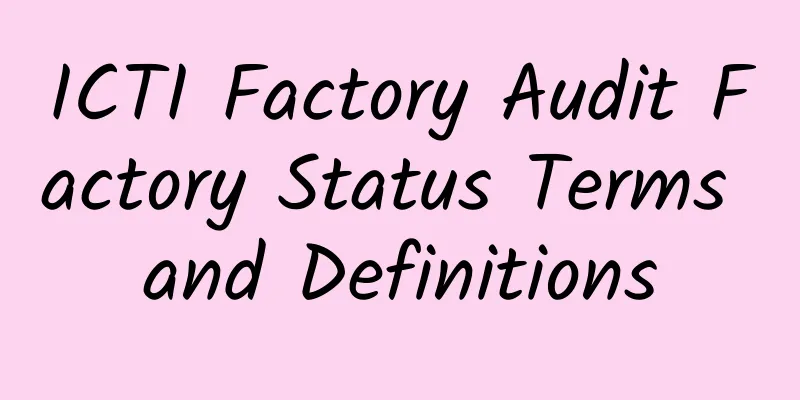ISCC (International Sustainability and Carbon Certification)-"Hot Products Coming"

ISCCISCC certification is committed to supporting the transition to a circular economy and a bioeconomy. Companies can express their contribution by using the reliable ISCC PLUS system. Recycled or bio-based products that meet the ISCC PLUS standard provide companies, brand owners and consumers with the assurance that they meet high sustainability requirements. What is ISCCThe full name of the ISCC system is International Sustainability & Carbon Certification. It originated in Germany and is the first standard to meet the EU Renewable Energy Directive (2009/28/EC RED). It was implemented in 2010 and has now developed into an internationally recognized certification system. Currently, it is divided into three certification systems: ISCC EU, ISCC PLUS and ISCC CORSIA. With more than 4,800 active certificates in more than 100 countries, ISCC certification is one of the largest certification systems in the world. As a no-deforestation standard committed to protecting forests, high-carbon stock lands and biodiversity, ISCC certification works towards a world where biomass and other raw materials are produced in an environmentally, socially and economically sustainable manner. ISCC EU and ISCC PLUSISCC PLUS is an independent voluntary certification system based on the principle of mass balance audit, which verifies the source of waste, traceability, reduces carbon emissions, and enhances the core competitiveness of enterprises. It is applicable to all industries around the world. All manufacturers and traders can apply for this certification. It is currently widely used in toys, glasses, electronic products, furniture, household goods, food, feed, energy, etc. ISCC PLUS is a certification system for the entire supply chain. Both upstream and downstream need to be certified to ensure the integrity of the supply chain. The core benefits are: 1. Pass this certification and use the ISCC logo to meet customer needs, expand market share and enhance brand premium; 2. Realize resource recycling. For example, in general, the frames are made of acetate fiber and the lenses are made of copolyester. Acetate fiber and copolyester are recycled through chemical recycling of waste plastics such as beverage bottles and children's old toys discarded in our daily lives to produce the glasses we wear and the mobile phone cases we use. ISCC EU is a mandatory certification for entering the EU energy market. It is applicable to bioenergy entering the EU, such as industrial blended oil (UCO), biodiesel (UCOM) and hydrogenated vegetable oil HVO, i.e. second-generation biodiesel, and is an access permit to the EU market. The difference between ISCC EU and ISCC PLUSFirst, the scope of application: ISCC EU applies to bioenergy entering the EU, such as industrial-grade blended oil UCO, biodiesel UCOME, hydrogenated vegetable oil HVO and bioethanol, etc. ISCC PLUS applies to the entire industry, such as bioenergy markets outside the EU, food, feed, chemicals, plastics and other derivative industries. Second, ISCC EU is a mandatory certification for entering the EU energy market; ISCC PLUS is a voluntary certification for companies to reduce carbon emissions and increase their competitiveness and advantages. Third, there are some differences in some specific terms of the two systems. Online Q&AQ: Which certification program is right for me?A: The type of certification depends on your market application. If your target market is EU biofuels, you must apply for the ISCC EU certificate. ISCC EU is the RED for EU biofuel sustainability standards recognized by the European Commission. It is widely established and applies to all operators in the biofuel supply chain.Q: Can I be certified under more than one ISCC program?A: Yes, it is possible to be certified under multiple programs. There is no limit to the combinations. If you are adding an additional certification program to the same operating unit, you do not need to apply for a new registration number. Please contact your certification body for more information about adding a program to your certification.Are you still worried about not passing the factory inspection? Don’t worry! Chaowang Consulting has been engaged in factory inspection and certification consulting for many years. We have rich experience and connections, and are familiar with the process and steps of factory inspection and certification. We can help companies solve certification problems at any time, easily deal with them, and pass them smoothly! Consultation phone: 021-51029391! |
<<: Amazon's climate-friendly commitments: Are you invited?
>>: Demand for zero-carbon food certification surges as products lack uniform standards
Recommend
AVE Certification Factory Information-AVE Factory Inspection Consultation Special
Factory data is fixed, and the following only lis...
How to deal with negative reviews on eBay
ebay/" target="_self"> How to d...
What aspects should be considered in eBay operations? What good methods are recommended?
Looking at the store from the perspective of oper...
What is the factory's self-inspection process for SEDEX factory inspection?
The problems with the SEDEX factory inspection se...
How is Youqi Logistics? What services does Youqi Logistics provide?
How about Youqi Logistics? Shenzhen Youqi Logisti...
What is the IPPC mark? Why should we apply the IPPC mark?
What is the IPPC mark? The IPPC logo is the inter...
What is FunMart? What is the process of joining the FunMart platform?
What is FunMart? FunMart is affiliated to Hangzho...
Shopbop - American women's fashion shopping website
Shopbop's business definition: Fashion shoppi...
What is Yangdongxi platform? What are its advantages?
Yangdongxi is China's first large-scale compr...
Do a good job in blog marketing strategy to create accurate traffic
Blog marketing is a knowledge resource based on p...
Marketplace Growth--"One-to-one service for sellers"
Many sellers on the Amazon platform send question...
How about the promotion and traffic-generating tool Reddit?
1. What is Reddit? Reddit is a famous American ne...
Can Lazada check visitor volume and conversion rate? FAQs on opening a store on Lazada
1. Can a company open multiple stores? Can a busi...
What is LazMall? What are the advantages of LazMall?
What is LazMall? LazMall is the official store la...
How is Shantou Cross-border E-commerce Association? What association services does Shantou Cross-border E-commerce Association provide?
Shantou Cross-Border E-Commerce Association (here...









